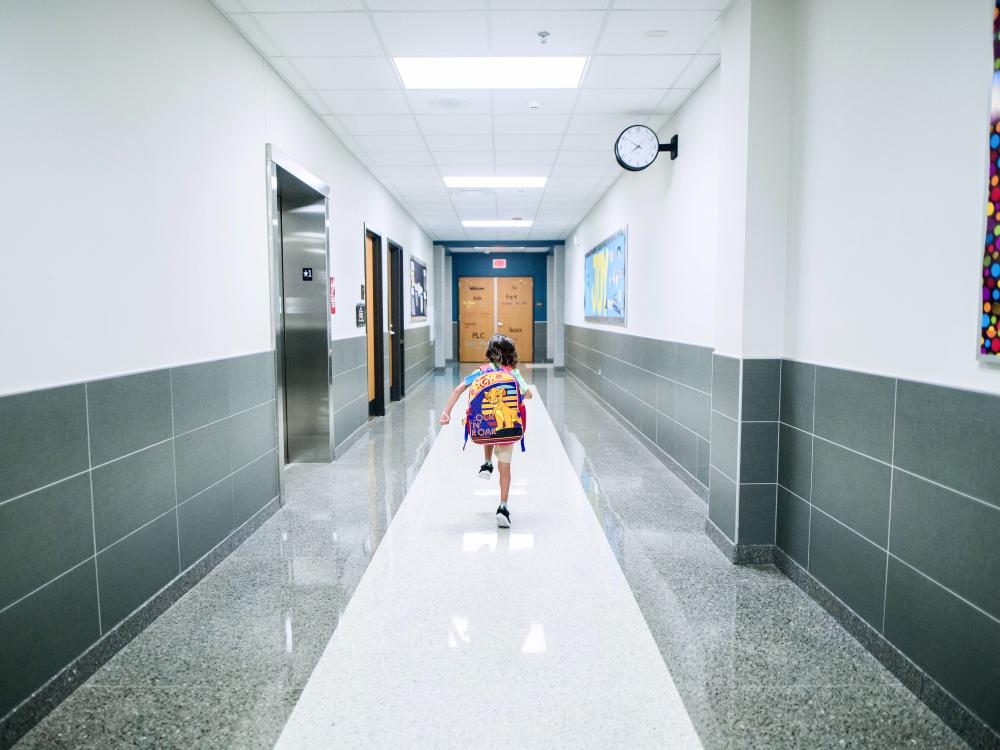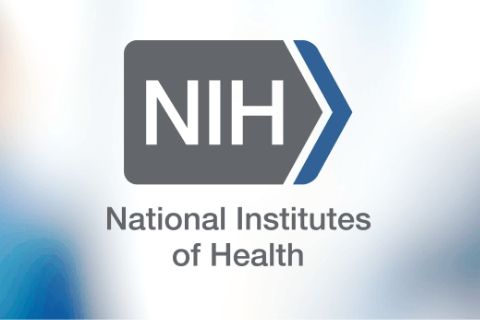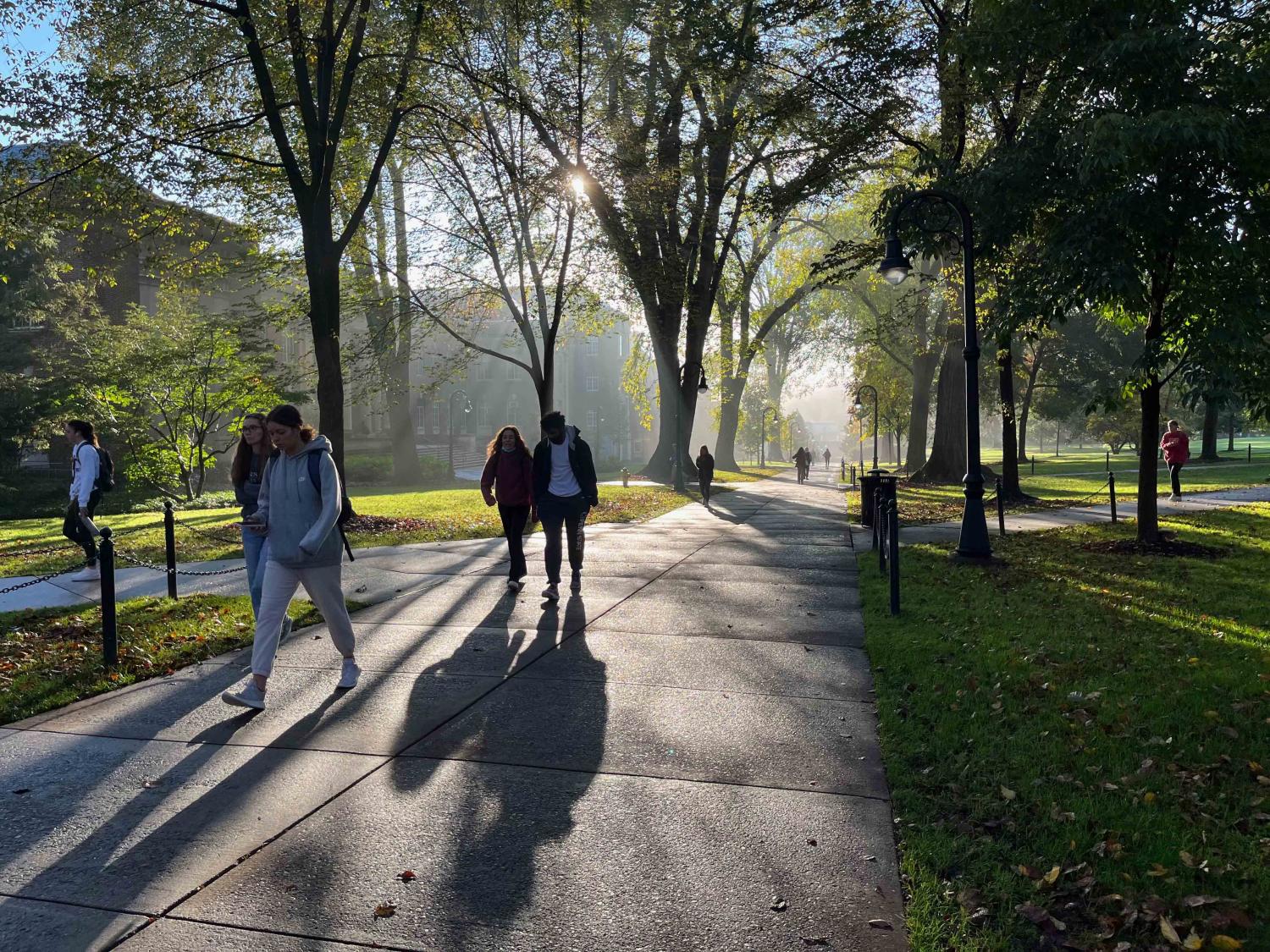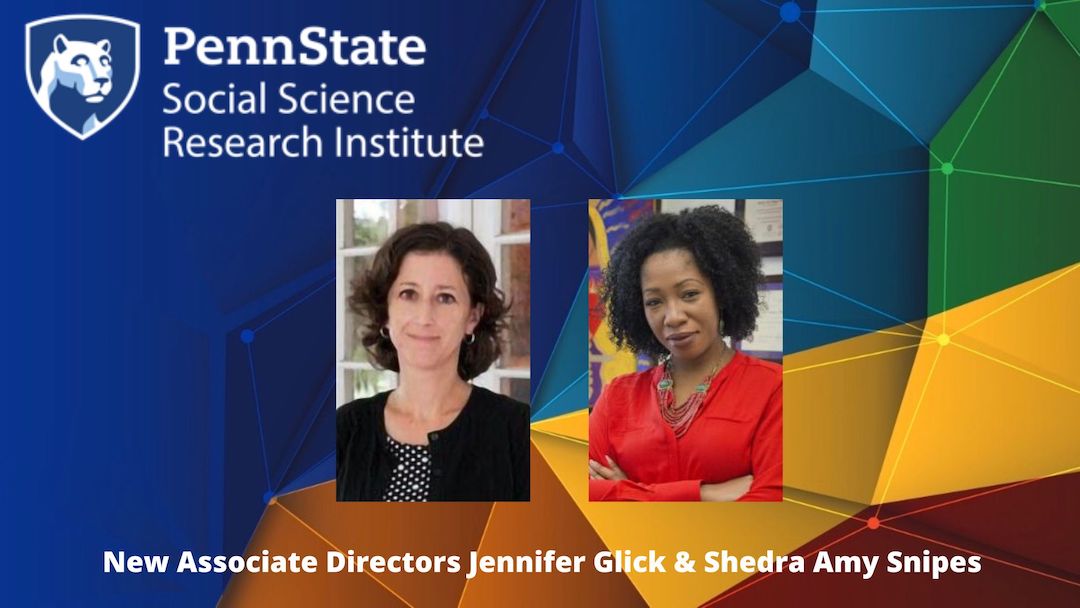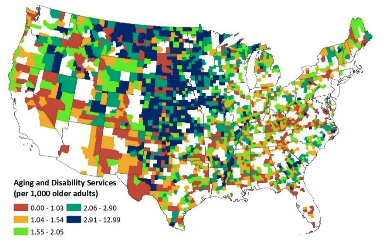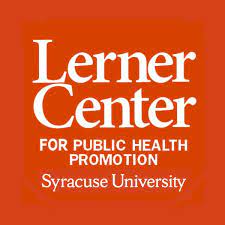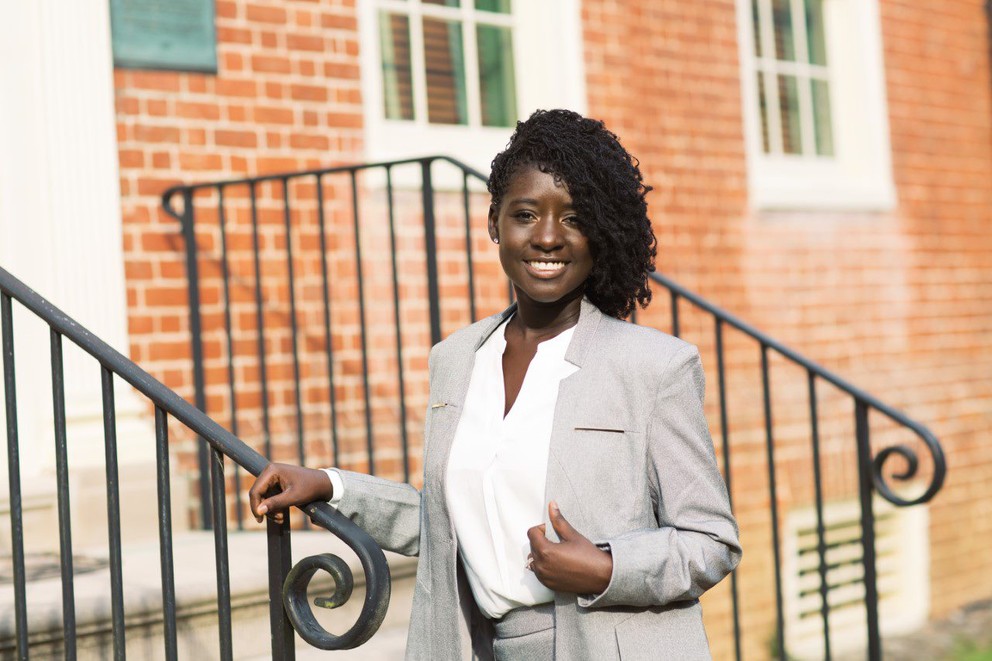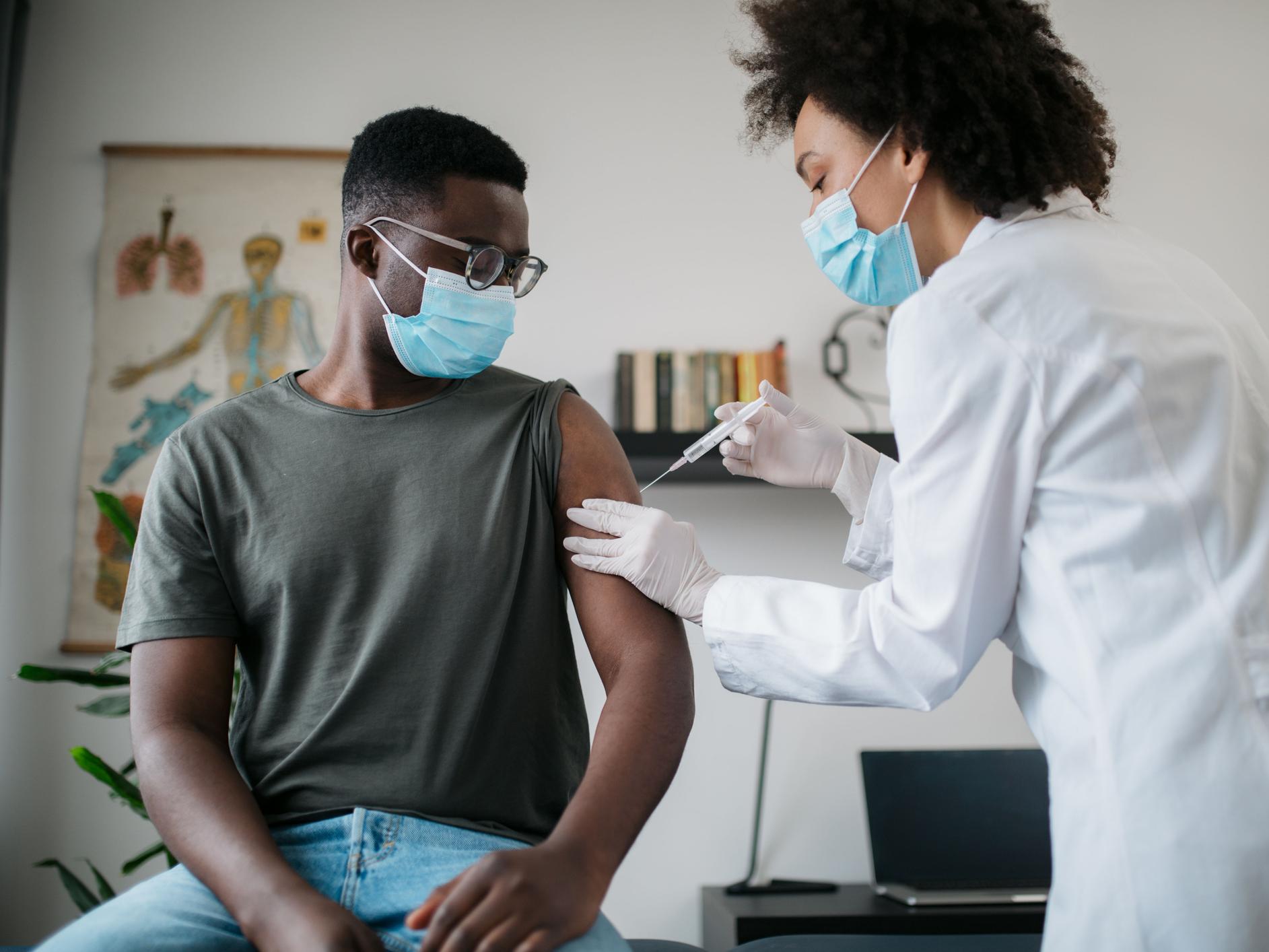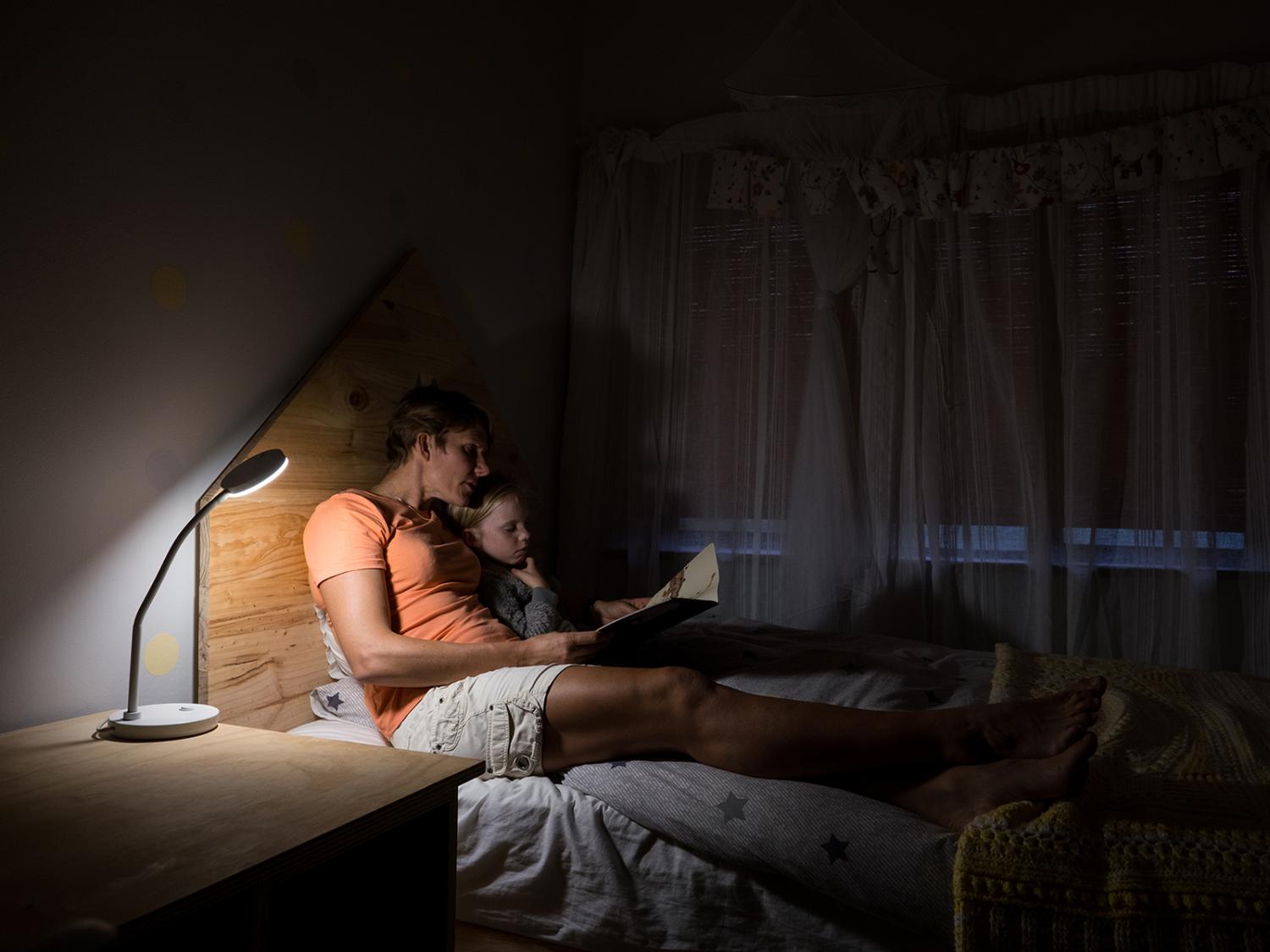Researchers analyze costs of child sexual abuse prevention programs
Researchers at Penn State’s Child Maltreatment Solutions Network analyzed the costs related to implementing a child sexual abuse (CSA) prevention program in schools in a new study. Regularly viewed as a human rights violation, public health experts estimate that 27% of females and 5% of males are…
SSRI welcome event Sept. 21
Penn State’s Social Science Research Institute (SSRI) invites new social and biobehavioral faculty to meet SSRI faculty and affiliates and learn how SSRI can support their research on September 21, 3 – 5 p.m. at the Hintz Family Alumni Center.
The outdoor ice-cream social will include a brief…
Susan McHale retiring after 40 years of accomplished research and leadership
Susan McHale, a longtime faculty member in the Department of Human Development and Family Studies, is retiring after more than 40 years with Penn State.
McHale joined the department in 1980. Her research has focused on family roles, relationships, and activities, and their links with youth…
Stigma work by researchers showcased at Shatterproof’s Addiction Stigma Summit
Two faculty members at Penn State Berks, Jennifer Murphy, associate professor and chair of the criminal justice department, and Brenda Russell, professor of psychology, had their stigma work with students showcased at Shatterproof’s Stigma of Addiction Summit earlier this summer. Shatterproof is a…
REDCap Mobile App Now Available for Penn State Researchers
The REDCap Mobile App adds a new dimension to REDCap by providing users with a tool for offline data collection where internet connectivity is unavailable or unstable. Penn State research teams can now collect their data in a mobile app on an iPhone, iPad, or Android phone or tablet. With REDCap…
NIH Common Fund's Community Partnerships to Advance Science for Society (ComPASS) Program Notices of Information and Intent to Publish
The newly launched NIH Common Fund’s Community Partnerships to Advance Science for Society (ComPASS) Program published a Notice of Information (NOT-RM-23-001) and a Notice of Intent to Publish (NOT-RM-23-002). These notices are intended to notify potential applicants about forthcoming funding…
Why Social Science? - Because It Can Explain the Conditions Needed to Pass Bipartisan Gun Legislation →
This month's Why Social Science Post comes from The Conversation, where Monica L. McDermott and David R. Jones examine how and why the Bipartisan Safer Communities Act passed now after three decades of unsuccessful attempts to pass gun reform legislation.
By Monika L. McDermott,…
Military sexual trauma more likely among veterans with adversity, trauma
Military Sexual Trauma (MST) is psychological trauma resulting from a physical assault of a sexual nature, battery of a sexual nature, or sexual harassment occurring while serving on active duty, active duty training, or inactive duty training in the military. Although a significant number of…
Penn State funds study of student mental health, well-being for five more years
The coronavirus pandemic has negatively affected the mental health of college students nationwide, according to recent studies. To better serve its own students, Penn State recently funded a five-year extension of a study with researchers at the University to gain further insight into its students…
SSRI welcomes new associate directors
The Social Science Research Institute (SSRI) at Penn State announces the addition of two new associate directors, Jennifer Glick and Shedra Amy Snipes.
Glick is the Arnold S. and Bette G. Hoffman Professor of Sociology and Criminology / Demography at Penn State, an SSRI cofunded faculty member, and…
The Americans Already Suffering Most From the Fall of Roe
SSRI cofund and CSA Director Guangqing Chi and Jessica Miller wrote this opinion peice for The Slate on limiting access to abortion increases social inequality and puts disproportionate burdens on women of lower income and minorities. Read more here.
SSRI welcomes new assistant director
Penn State’s Social Science Research Institute recently announced the appointment of Jennifer Sinibaldi as assistant director for the institute.
Sinibaldi comes to Penn State from the National Center for Science and Engineering Statistics (NCSES) within the National Science Foundation. There, she…
In Rural America, Older Adult Vaccination Rates were Higher in Counties with More Aging and Disability Services
In this Lerner Center for Public Health Promotion research brief, PRI's Danielle Rhubart and Yue Sun describe how aging and disability services (ADS) played an important role for older adults in the COVID-19 vaccination rollout, including sharing information, providing transportation, and serving…
The Russia-Ukraine war will hurt millions in Central Asia. Here's why.
by Guangqing Chi and Erin Hofmann, For The Inquirer
The past three years haven’t been easy for Central Asian migrant workers in Russia like Murat and Aigul, a Kyrgyz couple who have worked in Moscow since 2018. In 2020, due to the pandemic lockdown in Moscow, the couple was confined for more than a…
Social Support Protected Mental Health during the COVID-19 Pandemic
By Jennifer Kowalkowski and Danielle C. Rhubart, The Pennsylvania State University
Social support can protect mental health from the stressors of life during times of widespread crisis, like the COVID-19 pandemic. Using data from a national survey collected in early-2021, Jennifer Kowalkowski [SMM1…
Insecure: New study links tap water avoidance and food insecurity
Many Americans take tap water for granted. Water bills are often less expensive compared to people’s other bills, and tap water has been a part of most Americans’ lives since they were born. For nearly 61 million Americans, however, tap water is either unavailable or untrusted. New research from…
Abenaa Jones named Ann Atherton Hertzler Early Career Professor
Abenaa Jones, assistant professor of human development and family studies, has been named the Ann Atherton Hertzler Early Career Professor in Health and Human Development at Penn State.
Jones works to find solutions to complex, real-world problems, including substance use disorders, social and…
Race matters in COVID-19 vaccine hesitancy, research finds
Hispanic and Black Americans have suffered higher rates of hospitalization and death from COVID-19 than white Americans. A new Penn State study analyzed data collected when COVID-19 vaccines first became available to determine whether these racial and ethnic disparities are related to vaccine…
Why Social Science? - Because It Can Shed Light on How People Perceive Guns
This month, as part of COSSA's ongoing Why Social Science? series on gun violence, we share a video produced by the American Sociological Association, a COSSA governing member. Are guns weapons or tools? It depends who you ask. Dr. Harel Shapira of the University of Texas at Austin explains how gun…
Losing spouse to COVID may be worse for mental health than other causes of death
Losing a spouse can be a devastating experience for anyone. A new study found that experiencing the death of a spouse due to COVID-19 may be worse for mental health than deaths from other causes.
Penn State researchers found that while there were strong associations between the recent death of a…
Evaluating a new model for funding rural healthcare in Pennsylvania
Community hospitals are a vital source of healthcare for rural populations, yet many rural hospitals across the United States are in financial distress. Over the last decade, more than 130 rural hospitals have closed nationwide. Rural communities also have fewer social networks and limited options…
Healthy sleep habits before kindergarten help children adjust to school
The transition to kindergarten is a notable milestone for children and families, who typically prepare by gathering school supplies and meeting the teacher. New research suggests that one important way to prepare for the transition to first-time schooling is to develop a bedtime routine in which…
EIC enhancing the relevance of research to policymakers during times of crisis
Penn State researchers recently found evidence that supports science communication tactics to cut through the noise during times of political crisis.
Researchers from the Research Translation Platform of Penn State’s Evidence-to-Impact Collaborative (EIC) published the findings in the…
Advance care planning project co-led by College of Medicine expands scope
The Project Talk Trial, a national study of two advance care planning interventions in underserved communities, will soon expand its reach to include individuals with mild cognitive impairment and those at risk for Alzheimer’s disease and its related dementias. Hospice Foundation of America (HFA)…
New Penn State Survey Calendar may help boost large-scale survey response rates
Research professionals at Penn State now have a new tool that may help to increase large-scale survey response rates. The Penn State Survey Calendar was developed by the Office of Planning, Assessment, and Institutional Research (OPAIR) to help researchers plan their surveys to minimize project…





